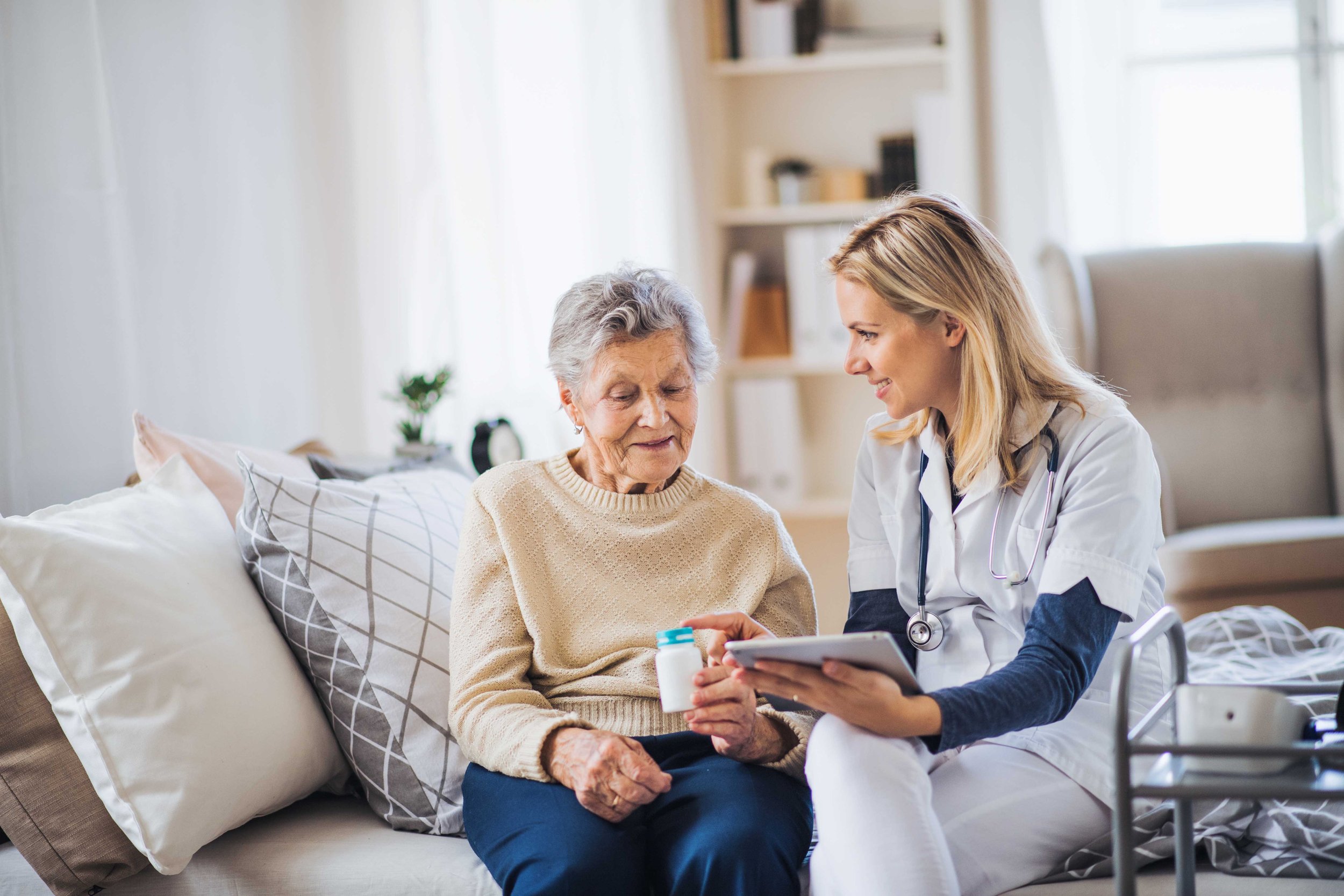Individualized home supports
About
Individualized home supports: Services for people who live in their own home or family home that provide support and/or training in community living service categories. There are three types of individualized home supports
Without training
With training
With family training.
All types of individualized home supports can be provided in the person’s own home, family’s home or in community spaces used by the general public, and either in person or remotely.
Support in community living service categories: Cueing, skill maintenance, guidance, instruction, assistance with activities of daily living, assistance with coordination of community living activities or direct supervision. Support must be within an allowable community living service category.
Training in community living service categories: Skill-building and instructional services to acquire, retain and improve the person’s experience living in the community. Training must be within an allowable community living service category, and training must meet identified needs specified in the person’s assessment (e.g., MnCHOICES, long-term care consultation).
Eligibility
Individualized home supports is available to people who meet the following criteria:
1. Live in their own home or their family’s home (Note: The individualized home supports provider cannot have any direct or indirect financial interest in the property or housing in which services are delivered. For more information, see CBSM – Requirements for a person’s own home.)
2. Receive services through one of the following waivers:
Brain Injury (BI)
Community Access for Disability Inclusion (CADI)
Community Alternative Care (CAC)
Developmental Disabilities (DD).
Covered Services
Individualized home supports cover community living services in four categories:
Community participation
Health, safety and wellness
Household management
Adaptive skills
When a person receives individualized home supports without training, they must receive support in at least one of the community living service categories.
When a person receives individualized home supports with training or individualized home supports with family training, they must receive training in at least one of the community living service categories. They also may receive support in any of the community living service categories.
Community participation
This category may include:
Community mobility and pedestrian safety (e.g., safely getting in and around the community)
resource use and access
Community safety and awareness
Informal support system and network development
Interpersonal communications skills
Leisure, recreation and socialization planning
Skill-building to meet transportation needs.
Health, safety and wellness
This category may include:
Collaboration with the person to arrange health care (e.g., physical, mental, chemical), meaningful activities, social services, meetings and appointments
Cueing, guidance, supervision, training or instructional support to complete self-cares (Note: Cannot duplicate use of eligible Medical Assistance [MA] state plan home care services; see CBSM – Home care overview)
Health services support, as defined in Minn. Stat. §245D.05
Help for the person to activate and build resiliency factors. (e.g., whole health action management)
Support for the person to design and meet individualized strategies to reach their health, safety and wellness goals.
Household management
This category may include:
Cueing, guidance, supervision, training or instructional support to complete routine household care and maintenance
Household safety knowledge and skills
Tenancy support and advocacy
Help for the person to activate and build resiliency factors. (e.g., whole health action management)
Training, assistance, support and/or guidance with:
Budgeting and assistance to manage money
Cooking, meal-planning and nutrition
Healthy lifestyle skills and practices
Household chores, including minor household maintenance activities (Note: The person is responsible for the cost of the maintenance replacement items or products)
Personal-needs purchasing
Adaptive skills
This category may include:
Crisis prevention skills
Implementation of positive support strategies
Problem-solving
Sensory/motor development involved in acquiring functional skills
Support strategies for self-sufficiency
Support and training to increase positive behavior, resulting in reduction or elimination of challenging behavior.
JOIN US
We are always looking for bright new individuals to come join our team
If you are interested in a career in home health care, please reach out to learn more about our company


